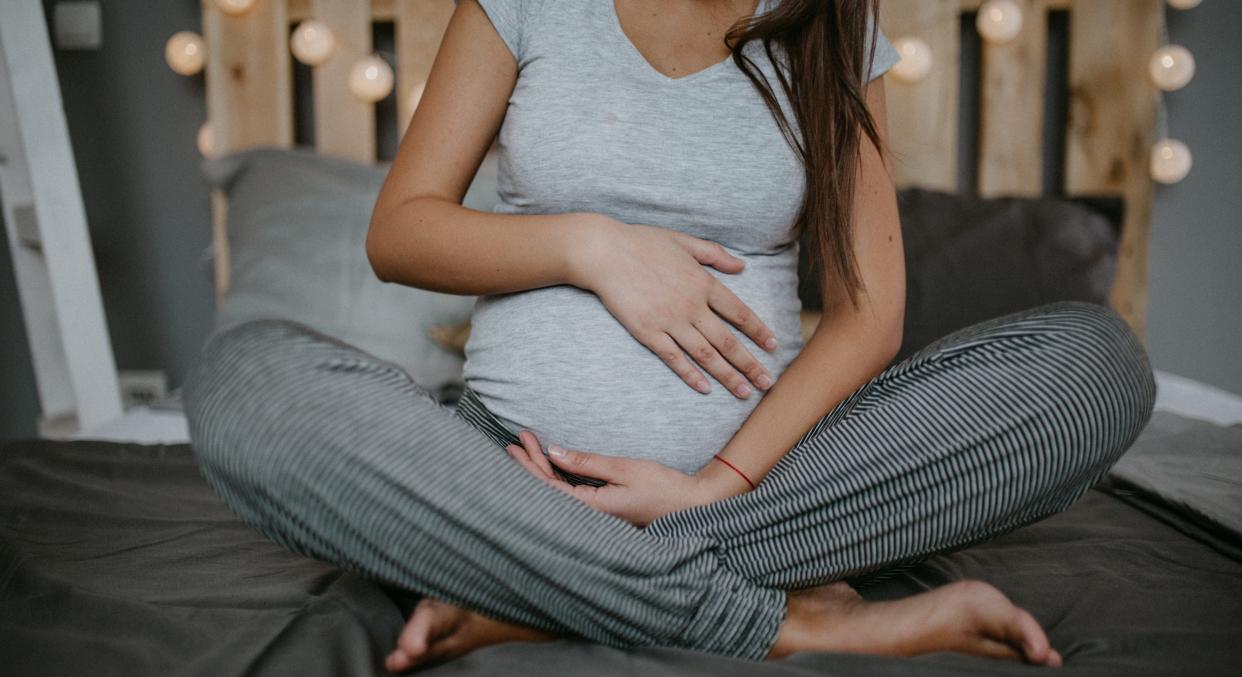Fertility services will be allowed to reopen this month after coronavirus suspension

The coronavirus lockdown has halted fertility treatment for women across the UK.
Now clinics - which were forced to suspend services on March 23rd - will soon be able to reopen.
It has been confirmed they can apply to resume seeing patients from May 11th.
The Human Fertilisation and Embryology Authority (HFEA) has said clinics - either private sector or NHS - will need to ensure staff and patients “remain safe”.
Read more: Women with frozen eggs now able to extend storage for an extra two years due to pandemic
According to new guidance from the Department for Health and Social Care, they will be allowed to restart services if they can ensure social distancing in waiting rooms, use suitable Personal Protective Equipment where appropriate and carry out telephone appointments if suitable.
In a statement, Matt Hancock, the Health Secretary, said: "Now that we are past the peak, I am delighted to announce the restoration of fertility services.
"People who are relying on fertility treatment have been worried during these unprecedented times not knowing when they could continue their journey to start a family.
"We wanted to open these clinics as soon as it was safe to do so, and our strict guidelines will ensure staff and patients remain safe as we continue to tackle this virus."
Read more: Freezing your eggs - cost, process and everything else you need to know
Sally Cheshire, chair of the HFEA, said: "I am pleased that the HFEA has agreed fertility clinics can apply to reopen from May 11."
"I know that the closure of clinics has been extremely distressing for patients and this will be good news for those wanting to resume treatment and have the opportunity to try for their much longed for family."
It comes as those who have chosen to freeze their eggs, sperm and embryos now have the option to extend their storage for an additional two years.
New government guidelines state that people now have 12 - rather than 10 - years to decide whether they would like to use them for fertility treatment or have them destroyed.
Read more: Nurse gives birth after funding IVF with share of a £1million family lottery win
The move was intended to help women, who had frozen their eggs and were coming towards the end of the storage limit, whose plans to start a family have been delayed due to the coronavirus.
A statement from the Department of Health and Social Care said: “Anyone who has frozen their eggs, sperm and embryos will be able to extend their storage for an additional two years under new government plans to support those going through fertility treatment during the global coronavirus pandemic.
“To support wider changes to the health service in responding to the pandemic, fertility treatment in the UK across the NHS and private sector was temporarily paused earlier this month.
“In recognition of the potential impact this may have on those wishing to start a family, the government has confirmed that the current 10-year storage limit for embryos and gametes will be extended by two years to enable sufficient time for fertility treatment to resume.
“Currently the storage period for embryos and gametes is limited to a maximum of 10 years, after which people must choose whether to undergo fertility treatment or have their frozen eggs, sperm and embryos destroyed.”


